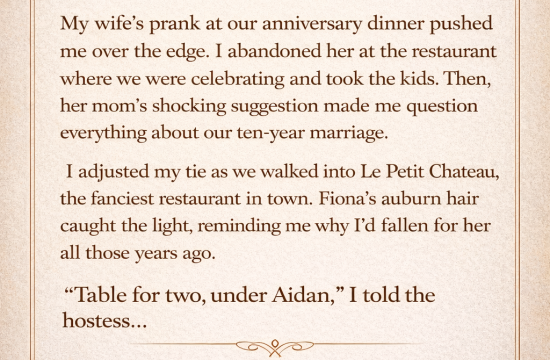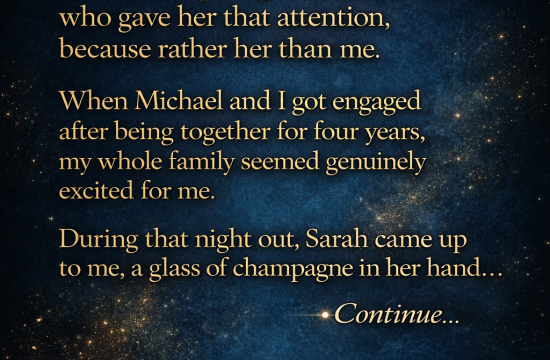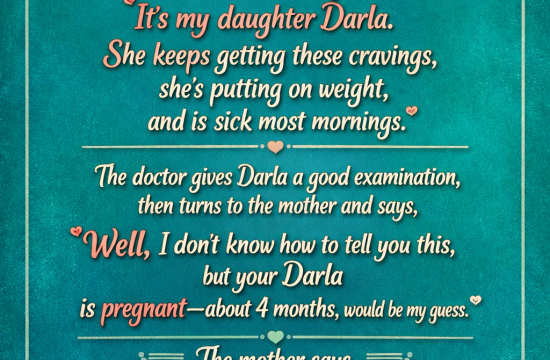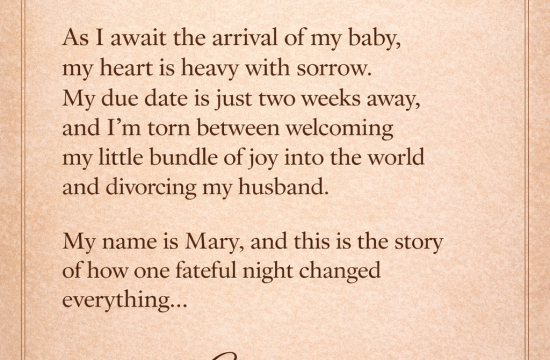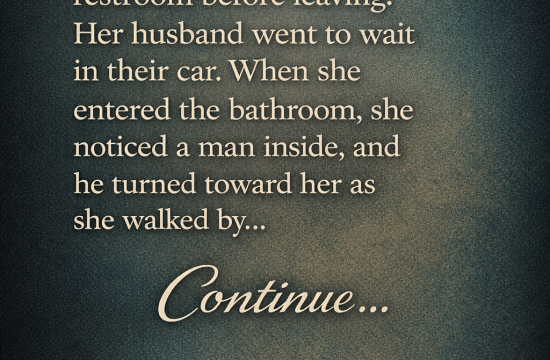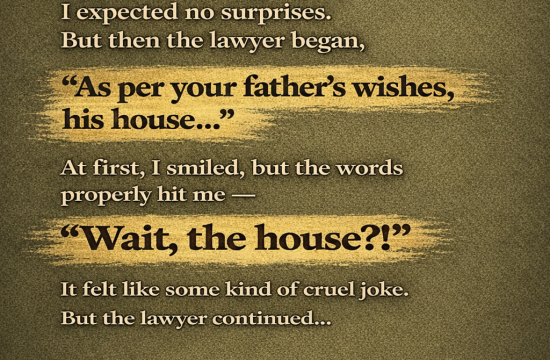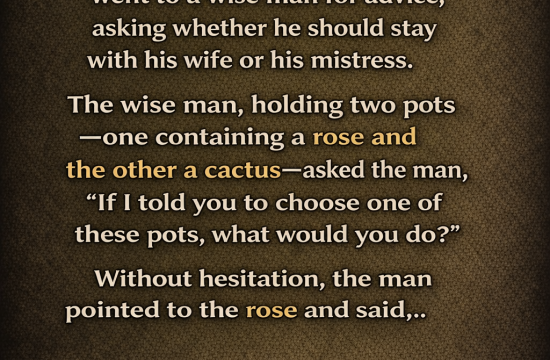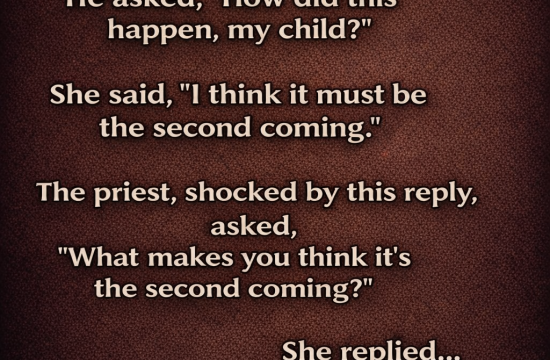While walking through the grocery store one quiet afternoon, a young man began to notice something odd—a frail elderly woman seemed to be quietly shadowing him. She never came too close, yet wherever he went, she lingered just a few steps behind. If he stopped to examine an item, she would pause nearby. If he reached for something, she’d mimic the motion, though her hand always landed on a different product.
At first, he dismissed it as coincidence. The store was small. Maybe she just happened to need the same things. But by the time they both drifted toward the dairy aisle, curiosity had hardened into unease. Her eyes kept flicking toward him—not in fear, but in recognition, as if she were watching a memory walk on two legs.
When they finally reached the checkout line—him with a basket of basics, her with a small cart of things clearly chosen with care—she slowly approached him. Her eyes were misty, but warm in a way that pierced right through his discomfort.
“I hope I didn’t make you uncomfortable,” she said, voice soft and apologetic. “It’s just… you look so much like my late son.”
The young man blinked, caught off guard by the tenderness in her tone. He felt the tension in his shoulders loosen. “It’s okay,” he replied gently. “I understand.”
She hesitated, twisting her hands together as if embarrassed by her own vulnerability. Then came a shaky, almost self-conscious smile.
“I know it sounds silly, but… would you mind saying, ‘Goodbye, Mom,’ as I walk out? Just once. It would mean more than you know.”
He paused—surprised, moved, and a little unsure. But how could he deny such a small kindness to someone who clearly needed the world to feel a little less empty?
“Of course,” he said quietly.
As she exited the store, he raised his voice just enough for her to hear.
“Goodbye, Mom!”
She turned around, face lighting up with a gratitude so genuine it almost broke his heart. She waved before disappearing through the automatic doors, leaving behind a strange silence—heavy, but oddly peaceful.
Then came the twist.
The cashier, having watched the whole interaction with an expression that slowly shifted from amusement to sympathy, finished scanning the woman’s groceries. She looked at him with a knowing sigh.
“Well,” she said, “your mother told me you’d be paying for her groceries too.”
His jaw dropped. “Wait—what?”
The cashier shrugged with a half-smile. “She said, ‘My son will take care of it. He always does.’”
For a moment, all he could do was stare at the receipt as the total flashed onto the screen. Played. Perfectly, masterfully played.
A rush of irritation Pricked through him—then dissolved just as fast. Because beneath the clever manipulation, he could still feel the ghost of her loneliness… and the strange warmth of the moment they had shared.
He paid the bill, still shaking his head in disbelief. But as he walked out with a lighter wallet and a heavier story, he realized something unexpected: he didn’t feel angry. He felt uplifted. Tricked, yes—but also oddly touched.
Life was strange like that. Sometimes a scam wasn’t just a scam. Sometimes it was a glimpse into someone else’s pain, a reminder of the tiny human gestures that keep us connected—however strangely they arrive.
He stepped outside into the sunlight and found himself smiling.
He’d been fooled, yes.
But he’d also been part of something oddly… human.
A tale that started as a potential con ended as a heart-twisting mix of loss, wit, and the bizarre ways people reach out toward connection when they think they have no one left.



